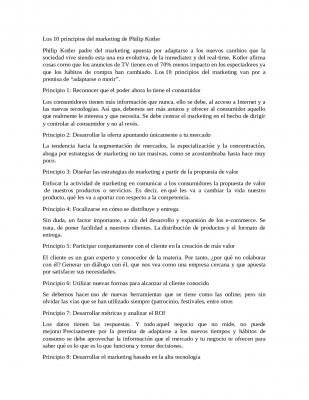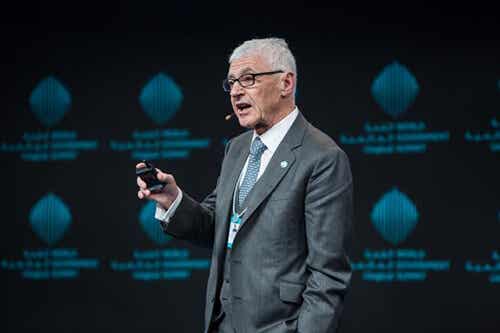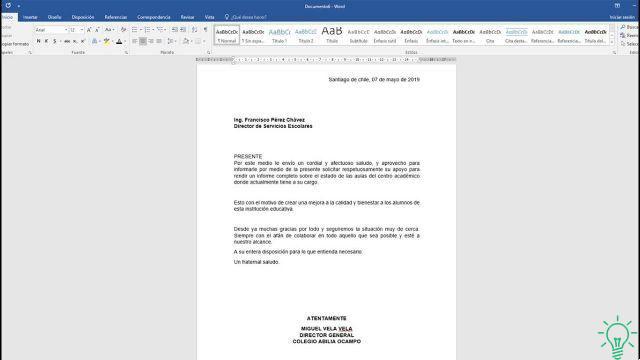In this article we will analyze the main theories of leadership, in which to find the answers to various doubts.

Last update: April 12, 2020
Why are some leaders successful while others fail? What allows some people to shine as a leader? In this article we will analyze the main theories of leadership, where you can find the answers to these and other questions.
There is no magic formula with characteristics that ensure the success of a leader. However, that doesn't mean that there aren't some that increase the odds of that success, nor that you can't learn to be more effective leaders.
As a first step to achieving this, it is necessary understand the different approaches of leadership, so you can use the one that suits your specific situation. One way to do this is to know the main theories of leadership.
Leadership theories to explain the nature of the leader
Leadership theories aim to explain how and why some people turn into leaders. They mostly focus on the characteristics of leaders, but some try to identify behaviors that people can adopt to improve their leadership skills in different situations.
Early debates on the psychology of leadership suggested that this ability was simply innate. Some more recent leadership theories, on the other hand, argue that having certain personality traits can help, but that situational variables also play an important role.
Leadership theories aim to explain how the process of becoming a leader works and what the underlying factors are.
The main theories of leadership
With the increase ofinterest in different types of leadership and the consequences that derive from it, several leadership theories have been introduced with which to explain exactly how and why certain people become great leaders.
Throughout history, there has always been a certain interest in the concept of leadership; however, the formal appearance of various theories that fomented interest in this topic in the first part of the twentieth century is relatively recent.
Early leadership theories focused on the qualities that made the difference between leaders and followers; subsequent leadership theories took into account other variables, such as context and skill levels.
Theories of the Great Man
According to this approach, great leaders are people with specific personality traits, such as charisma, confidence, intelligence and social skills.
The theories of the Great Man assume that the leadership dowry is intrinsic, that is, that great leaders are born such, they do not become us. These theories tend to describe great leaders as heroic, mythic, and destined for leadership roles.
The expression "Great Man" was adopted because when these theories, initially proposed by the historian Thomas Carlyle, spread, leadership was considered a purely masculine quality, especially in its military meaning. These theories suggested that people cannot learn how to become influential leaders, but that skill must be innate.
Trait theories
These are similar theories, in some respects, to those of the Great Man. Trait theories indicate that people inherit certain qualities and traits that make them more inclined to leadership.
These theories study the personality characteristics and behaviors that contribute to the leadership role. The main approach concerns the behavioral traits that great leaders have in common.
The problem, however, is that people with similar personality traits can be totally different from each other. In some cases, one person can become a leader while the other continues to be a follower.
The main theories of leadership: the theory of contingency
Contingency theories emphasize leadership styles based on the situation the leader finds himself in. They focus on some variables in particular, associated with the context and which can determine which particular leadership style is best suited to the situation.
According to this theory, no leadership style is suitable for all situations. Leadership researchers White and Hodgson argue that in a truly effective leadership situation it is not only the qualities of the leader that come into play, but rather that it is about striking a balance between conduct, needs and context.
In this sense, good leaders are able to assess the needs of their followers, to report on the situation and, therefore, to adapt their behaviors to it. Success depends on a number of variables, including leadership style, qualities of followers, and aspects of the situation.
Situational leadership theory
Situational theories, like those of contingencies, see leaders adapt to the situation in which they find themselves. The difference with previous theories is that the leader is expected to change his style depending on how the situation changes.
Situational theories they include the change in the motivation of the leader and involve the abilities of the individuals who are followers. The leader can change his opinion about his followers, they can change his situation, his mental and emotional state. All of these factors contribute to the decisions you make as a leader.
Beyond that, situational leadership theories argue that leaders choose the best course of action based on situational variables. Different leadership styles can be indicated for the specific decisions to be made.
Behavior theories
According to behavioral theories, leaders are formed regardless of whether or not they are born with characteristics rather than others. Leadership could be acquired through observation and teaching. As with other behaviors, leadership can also be acquired and developed.
This means that theories of leadership behavior are based on the belief that great leaders become great leaders, not born like that. In light of this, then, people can learn to lead through teaching and observation.
Participatory leadership theory
Participatory leadership theories hold that the ideal leadership style is one that takes into account the role that others can play. The involvement of others in the leader's decision-making process is vital. Good leaders would appear to actively seek input from others.
This process, therefore, involves the people being guided. A good leader is one who is able to make them feel valued, as well as give them an influence in the decision-making process. This feeling of being part of something important makes followers feel more involved in the process.
Management or transactional theories
Management theories, also known as transactional theories, focus on the role of group supervision, organization and performance. These theories argue that leadership is based on a system of rewards and punishments, that is, on a system of individual performance management by leaders, who reward success and punish mistakes.
This is the most common model of leadership. The role of the leader passes through the management of the expectations of the followers adapting them to the objectives of the group. Simply put, the leader would be a manager of people and resources.
The main theories of relational or transformational leadership
Relationship theories, also known as transformational theories, focus on the connections that are made between leaders and followers. This approach focuses not only on the performance of the group, but is concerned with the fact that each member of the group can develop their full potential.
Transformational leaders motivate and inspire people by managing and aligning two types of interests: group and individual interests. It is equally important for them to define the goal and establish the means and investment needed to achieve it.
The leader motivates and inspires making the followers take on the best possible role, as the role and how it is played are important to the outcome. The relationship and connection between a leader and his follower is crucial, without forgetting the respect for ethics and individual attention to each follower or subordinate.

























